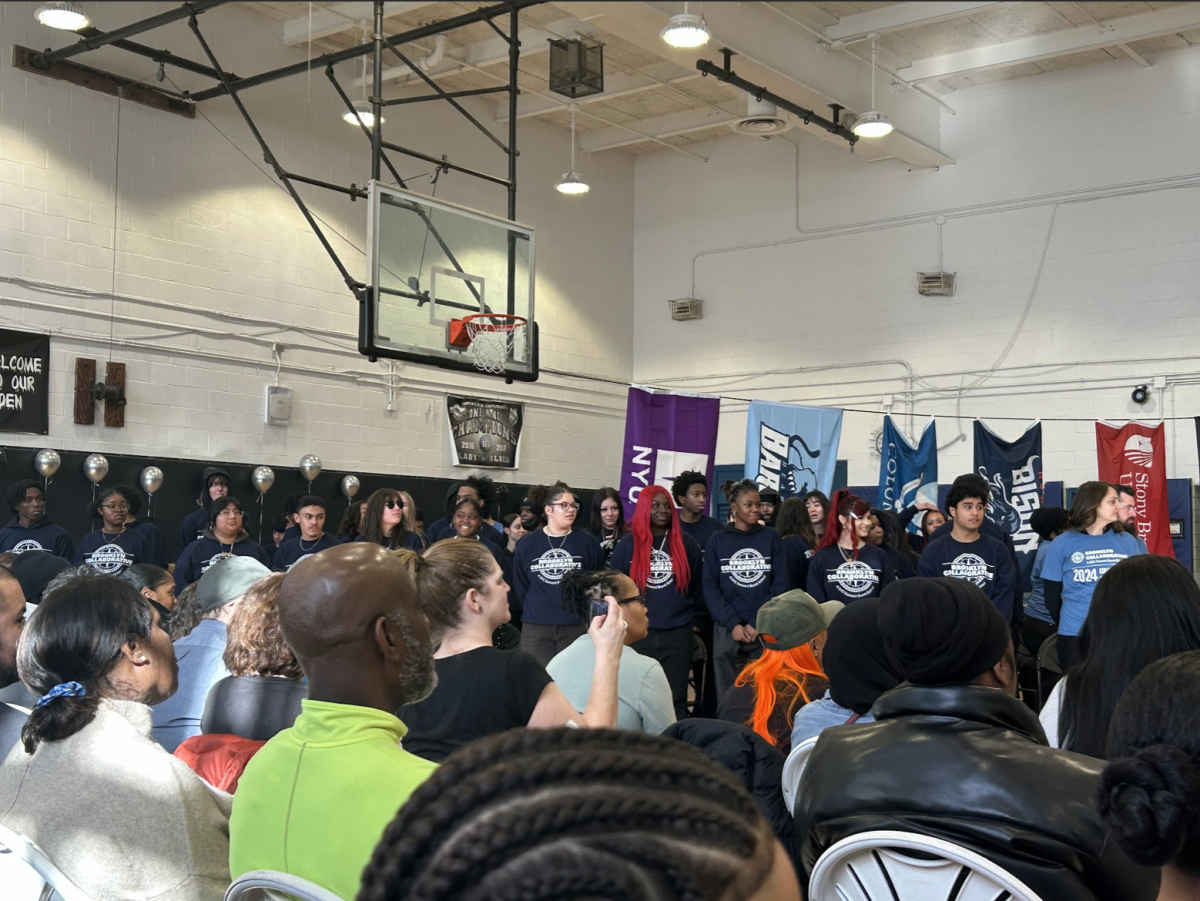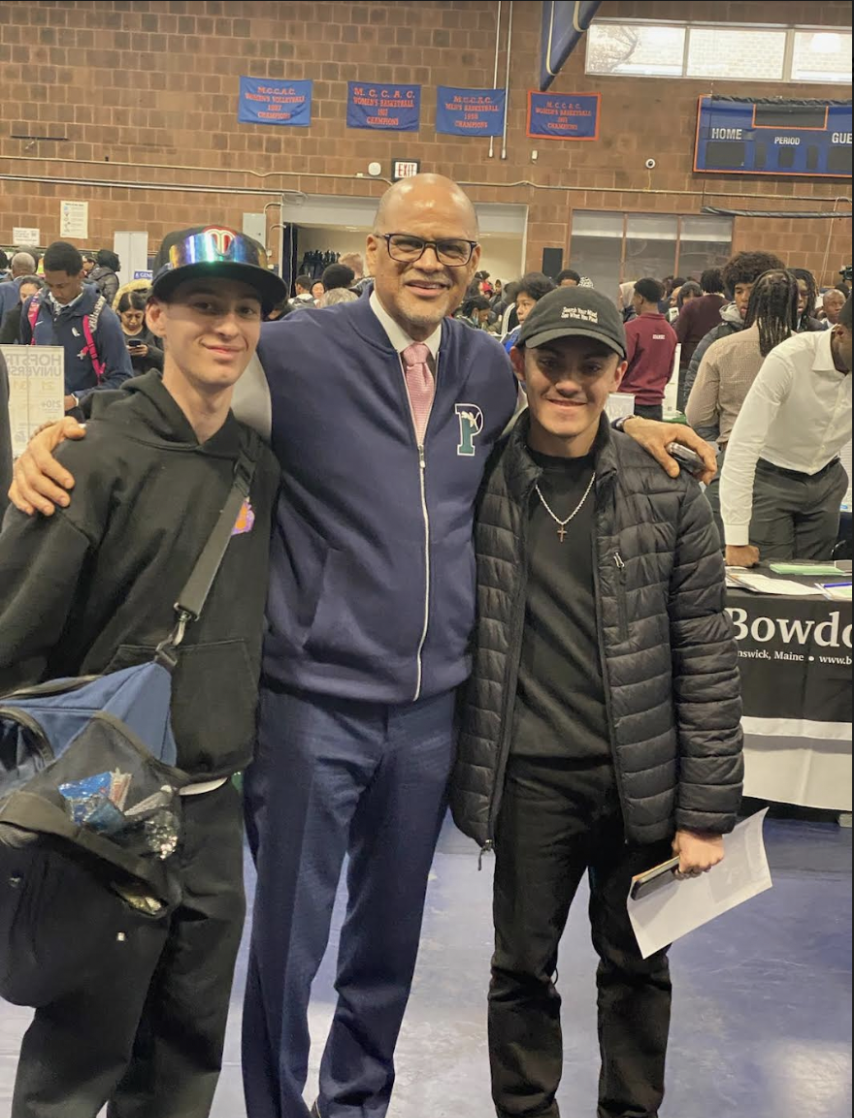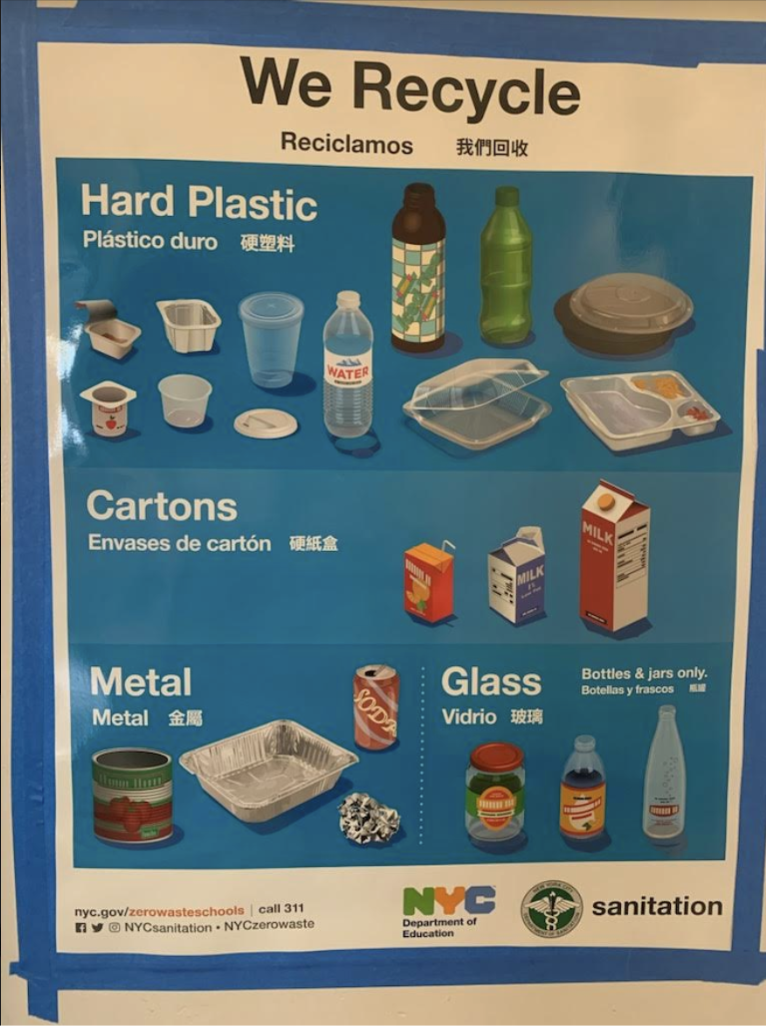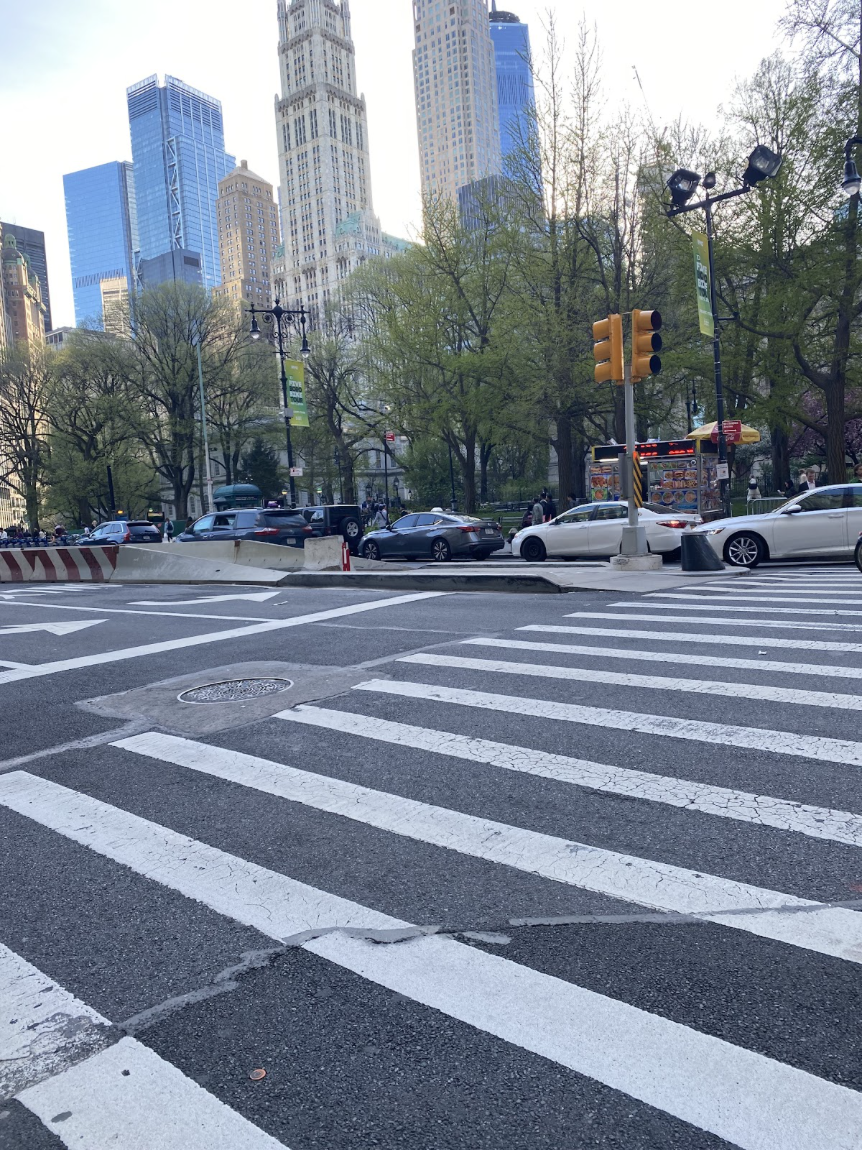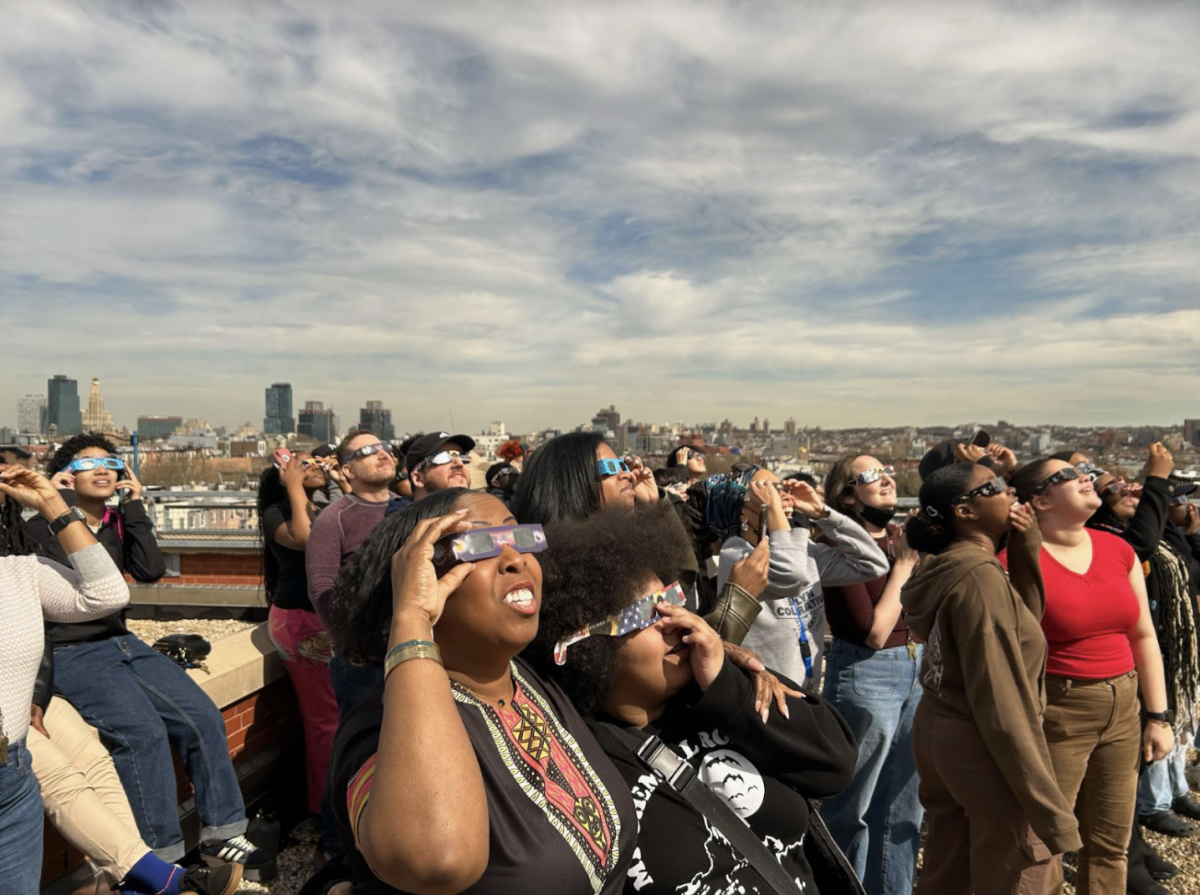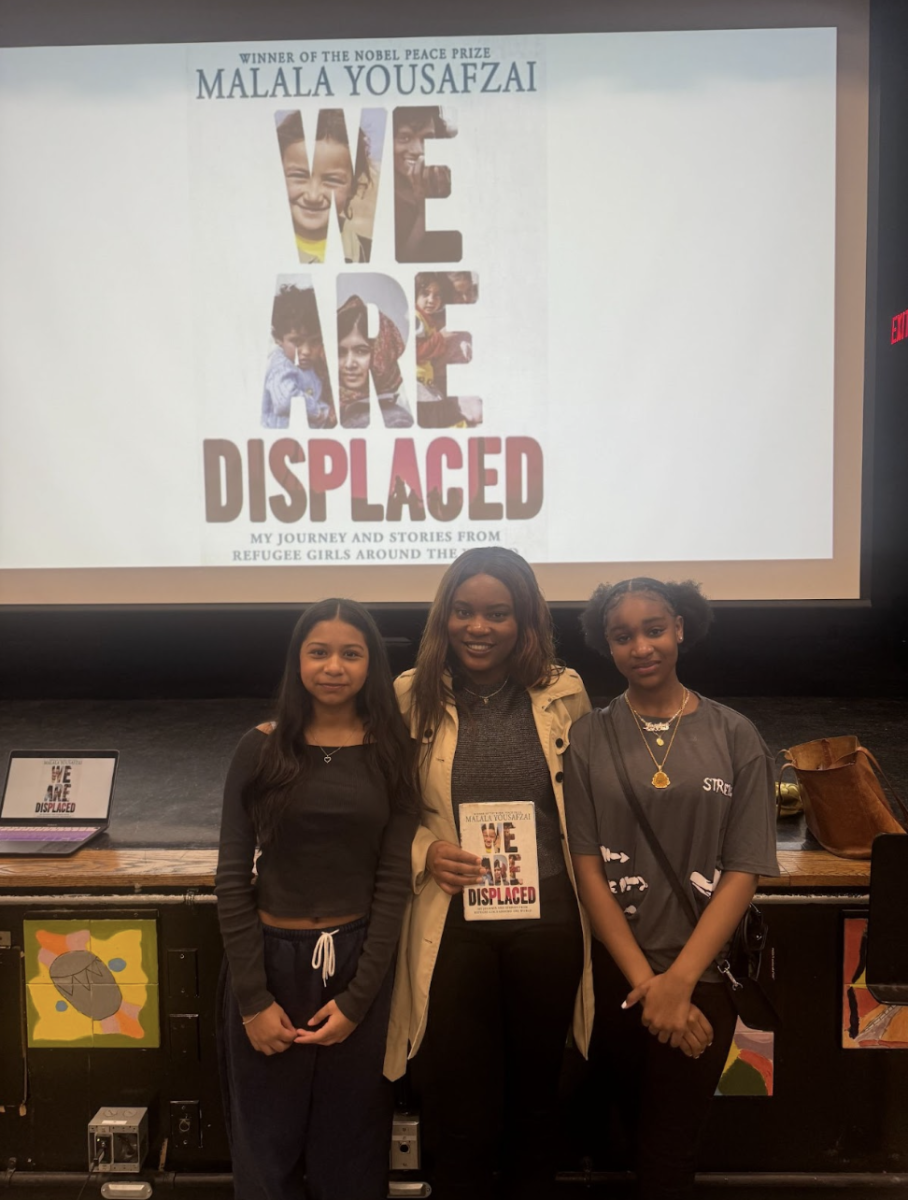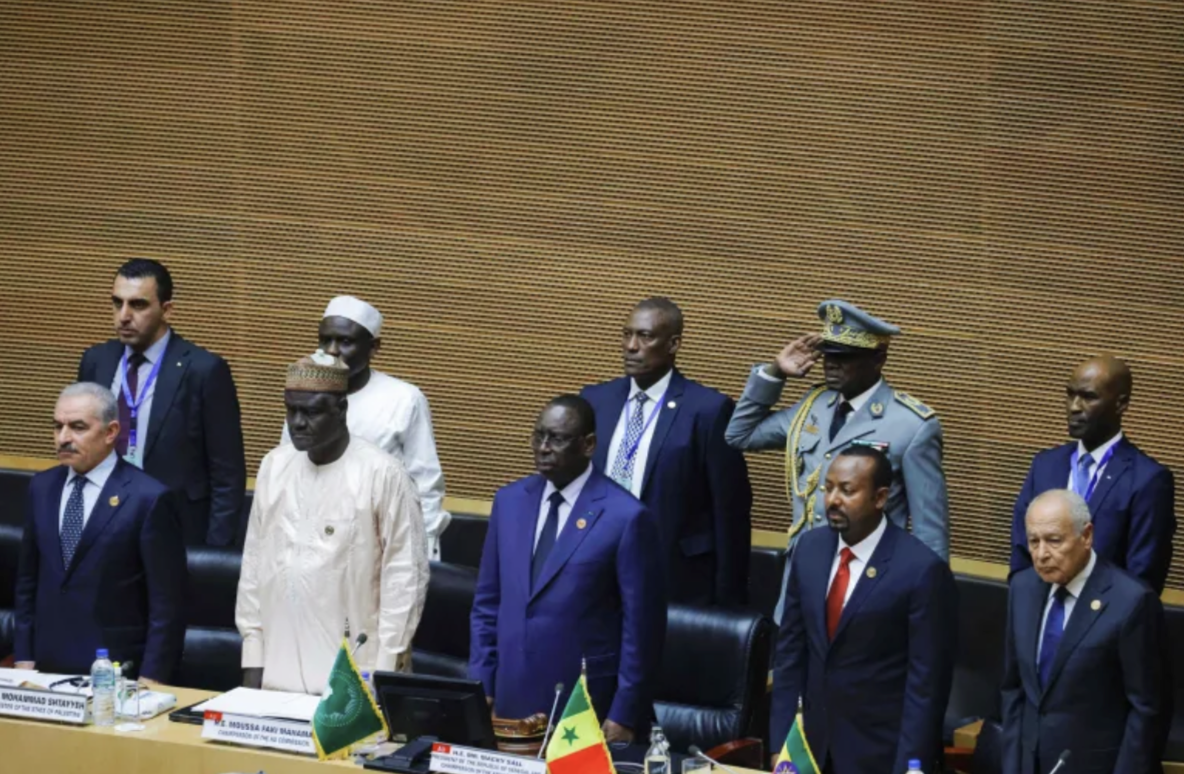Ramadan is the month of reflection. It is the ninth month in the Islamic calendar. Muslims take time in this month to heal within and practice their religion more. It’s a time of learning and peace. Fasting is one of the important practices of Ramadan, considering that it is one of Islam’s five pillars. Shahada, Prayer, Zakat, Fasting, and Hajj are the five core beliefs of Islam, which every Muslim should practice at their own pace and time. During the month of Ramadan, we respect our fellow brothers and sisters in Islam by supporting them while they fast.
Muslims fast everywhere around the world, and they find ways to participate either way. This means that they fast at school, work, etc. All of that, and they still find the time to heal and make their religious spirit stronger. This led us to go around Brooklyn Collaborative Studies to interview different students, even if they’re not Muslim, to ask what fasting for Ramadan meant for them.
What benefits does Ramadan bring to you?
“It’s scientifically proven to help your body. It increases your new blood cells. It makes me feel mentally better.”
– Abdul (Grade 11)
“It cleanses the body and soul, as it is really peaceful. I’ve been tempted to break fast but it’s about containing self-discipline.”
– Itzcoatl (Grade 12)
“It makes me feel good about myself and lets me be more aware of the world around me. I also receive double the good deeds so it’s a great opportunity.”
– Miariam Khalil (Grade 9)
Why do you fast for Ramadan?
“To support the culture and religions of others.”
– Jamarr (Grade 12)
“I fast because this holy month demonstrates modesty and is the time to improve on our deen (religious custom).”
– Roua (Grade 10)
Is it hard to fast while in school/work?
“Once you get the hang of it and get used to it, it’s actually easy and can become a good habit.”
– Declan (Grade 10)
“It really is, especially at work. But Ramadan and fasting makes me want to contribute to helping the community and to cut bad habits.”
– Alaa (Grade 10)
